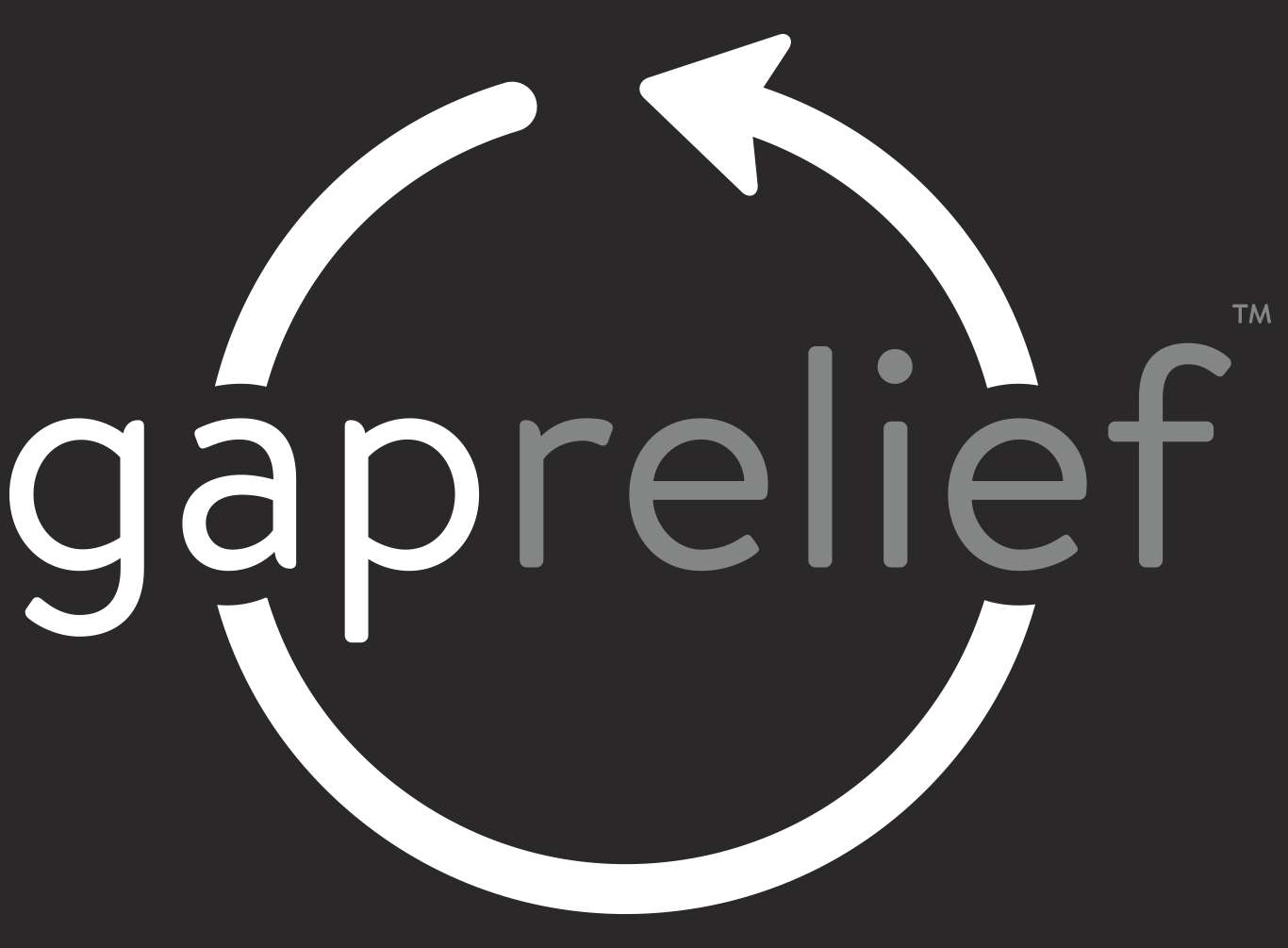Insulating from the Shrapnel w/ Amy Butler
When a critical incident happens, or let’s call it a bang!, there are many people who are affected. There are those who feel the bang! up close and personally. They were there. They saw it with their own eyes. Then, the ripple effect radiates out from there. The first responders experience it. The victims’ friends and family experience it. The helpers’ friends and family, the people who weren’t there but could have been, the community surrounding the bang!, and so on.
No matter how prepared one can be for a critical incident, the shock and trauma are real and present for all involved. This week, Gap Relief Co-Founder and Director Amy Butler is talking to us about how we can better insulate from the shrapnel of these bangs!
A couple of questions tend to come up here: What do you do in the critical incident? and How do you repair from the critical incident?
What we’ve noticed is that when we begin to back up from the critical incident and look at “the pre-bang!”, if you will, we can look at what things we can put in place so that we are more prepared when they happen.
Becoming a trauma-informed organization.
This is huge. When an organization knows not only what to expect, but also has a grasp on what these experiences do to our systems (heart, mind, body, spirit) and how they play out long-term, they can much better prepare themselves and their people for resiliency.
Connecting as a team or unit.
When we fight to become a trauma-informed organization on a systemic level, we learn to relate to each other in trauma-informed ways. We become more connected as a team so that when the bang! happens, everyone is more prepared and resilient TOGETHER.
So what happens after a bang! has occurred?
If we have prepared our team for the pain and stress of a critical incident ahead of time, they are able to walk through this trauma stronger and more insulated. This does not mean they do not experience the trauma at all or do not need to grieve and recover from it, it just means they are starting from a more grounded place than if they have to begin the process of becoming trauma-informed and growing as a team, all while muddling through the pain, stress, and grief of a crisis or tragedy.

